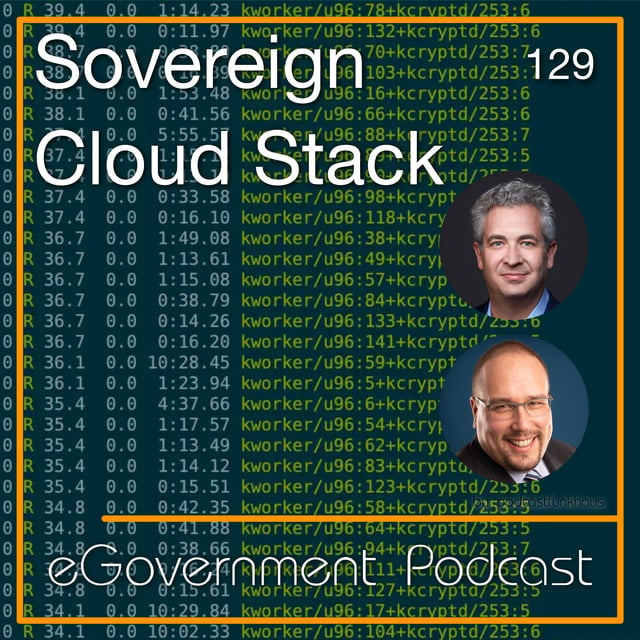Transforming Concept to Reality: The Emergence of Sovereign Cloud Solutions
Lately, the idea of national cloud systems has gained considerable momentum as organizations and authorities seek to take advantage of cloud technologies while safeguarding the security of their data. In contrast to traditional cloud services, which often work on a international scale and may hold data across national boundaries, sovereign clouds are designed to exist within specific country-specific boundaries. This shift is not merely a trend but a response to growing issues over data privacy, state safety, and compliance with national regulations.
As digital transformation progresses, the rise of the sovereign cloud represents a significant evolution in how data sovereignty is handled. Companies and nonprofits are increasingly cognizant that escaping the pitfalls of conventional cloud models is essential to protecting sensitive information. By adopting hostino , they can leverage the power of the cloud while enhancing their data governance frameworks and fostering trust among their stakeholders. The future of cloud computing is definitely local, and as we explore this evolution, it becomes evident that the path from concept to reality for sovereign cloud platforms is well underway.
Grasping National Infrastructure
National computing environment refers to cloud platforms that are governed by the legislation of a designated country or region. These infrastructures are designed to ensure that data is stored and handled within the borders of a country, thus providing greater control over the privacy of information and safety. As concerns over data ownership grow, more entities and governments are realizing the need for cloud services that conform with local regulatory structures and compliance requirements.
The increase of domestic cloud solutions stems from the increasing awareness of issues related to privacy and the threats associated with data transfer across borders. Many countries are adopting stricter regulations regarding data privacy, require a review of how data is treated in the virtual environment. By utilizing a sovereign cloud, organizations can safeguard private information and exhibit compliance with domestic rules, thus establishing trust with customers and investors.
Moreover, domestic cloud infrastructure are becoming essential for the security of nations and self-sufficiency. State authorities view these infrastructures as important for protecting classified public sector data and ensuring that homegrown companies can operate without the threats posed by external information legislation. As a consequence, a rising number of countries are investing in and advancing the evolution of local cloud solutions, leading to a shift in the global cloud landscape that prioritizes local control and compliance.
Main Advantages of National Cloud Platforms
National cloud platforms offer enhanced data sovereignty, allowing companies to store and manage confidential data within specific legal jurisdictions. This is crucial for industries such as healthcare, financial services, and public administration, where compliance with local regulations is critical. By ensuring that data is subject to local laws, companies can mitigate risks associated with data breaches and compliance penalties, fostering trust with customers and partners.
Another significant benefit of sovereign cloud platforms is improved performance and reliability. By keeping data and applications near end users, these platforms reduce latency and enhance access speeds. This localized infrastructure not only reduces the risk of outages due to political tensions but also assists firms capitalize on regional data centers that are optimized for their specific needs. As a result, businesses can operate much efficiently and respond quickly to industry changes.
Moreover, sovereign cloud platforms encourage innovation by motivating local providers to develop tailored solutions that meet the unique requirements of regional markets. This flexibility enables organizations to harness advanced technologies like AI and machine learning while making certain that they stay compliant with local laws. By nurturing a vibrant ecosystem of local vendors and services, sovereign clouds can drive economic growth and technological progress within communities, benefiting both companies and customers alike.
Challenges and Prospective Perspectives
The journey towards implementing sovereign cloud platforms is full with challenges that must be overcome for widespread adoption. One key challenge is the legal landscape, which differs significantly across various regions. Organizations must manage complex compliance requirements to guarantee that data governance laws are met, often requiring considerable investments in legislative and regulatory frameworks. Additionally, many businesses may find the shift to independent cloud solutions daunting, as it involves re-evaluating current systems and practices that were not designed for these particular constraints.

Another significant hurdle is the technical integration of sovereign cloud platforms with current systems. Many organizations operate on legacy infrastructure that may not easily support the flexibility and expansion promised by modern cloud technologies. This can lead to higher costs and extended timelines for implementation. Moreover, there is a perceived lack of interoperability among various sovereign cloud solutions, which can hinder collaboration and data sharing among companies operating in various jurisdictions.
Looking ahead, the prospects of sovereign clouds appears promising as more governments and businesses recognize the importance of data control and privacy. As technology continues to advance, we can expect developments in security standards and architecture that will allow for easier transitions to independent cloud solutions. Furthermore, collaboration among industry participants may lead to more standardized practices, making it easier for companies to embrace these platforms. In conclusion, the rise of independent cloud services could redefine data management and protection in the digital age, prioritizing sovereignty and trust in an increasingly interconnected world.